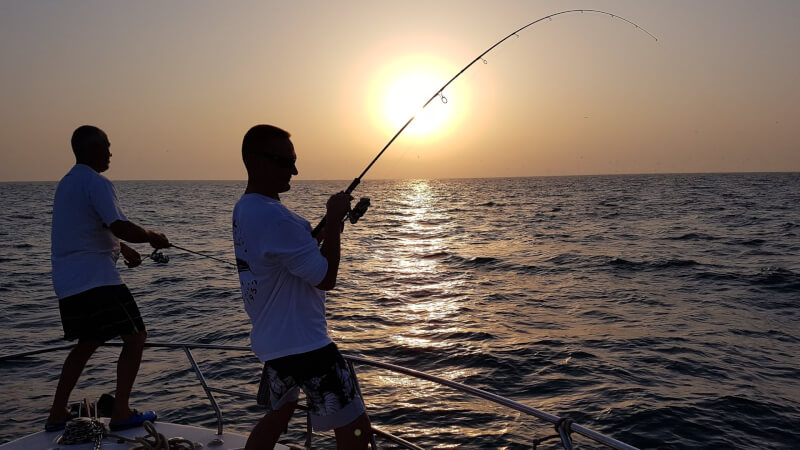In a recent enforcement action aimed at protecting Abu Dhabi’s marine resources, the Environment Agency – Abu Dhabi (EAD) has fined a recreational boat owner AED20,000 for exceeding the daily fishing limit. The incident highlights the agency’s commitment to sustainable fishing practices and the preservation of marine life.
Under Abu Dhabi’s fishing regulations, recreational fishing boats are restricted by daily catch limits. If exceeded, the vessel is required to possess a commercial fishing license, which most recreational boats lack. Unauthorized fishing without this license is classified as an environmental violation, subject to a AED2,000 fine. Repeat offenders face heightened penalties, including a one-month suspension of the boat for a second offense, and a full license suspension for a third offense.
The EAD’s enforcement of these rules reflects its dedication to maintaining marine biodiversity and ensuring sustainable resources for future generations. Boat owners are urged to follow all fishing regulations and support conservation efforts, which help protect the UAE’s unique marine ecosystem.
Fishing Guidelines and Seasonal Bans
The UAE enforces specific seasonal fishing restrictions to align with breeding cycles, designating “open” and “ban” seasons to promote population health for various species. Key regulations include:
- Year-Round Restrictions: Fishing of shark species listed in Ministerial Decree No. (43) of 2019 and the use of encircling nets (Halaq) and ‘Gargoors’ in Abu Dhabi’s fishing waters are prohibited year-round.
- July Ban: Fishing anchovies and sardines is restricted in July.
- Regional Bans: Encircling nets are banned in the fishing waters of Sharjah, Ajman, Umm Al Quwain, Ras Al Khaimah, and Fujairah from June through October.
- Species-Specific Bans: The fishing and trading of Badeh is restricted in April and May, while unlisted shark species are banned during the breeding season in March through June.
The EAD’s efforts aim to raise awareness among boat owners and encourage responsible fishing practices to sustain marine life for future generations.





